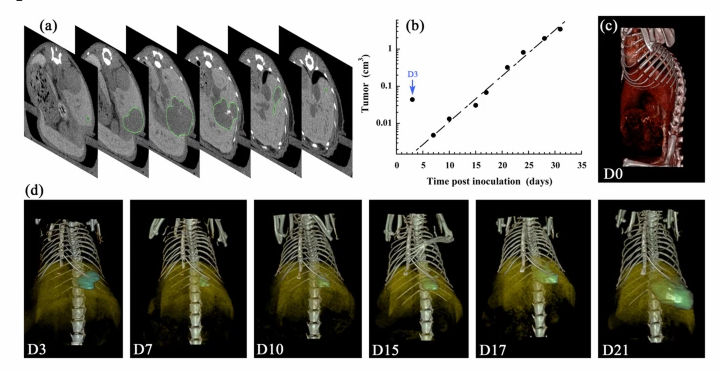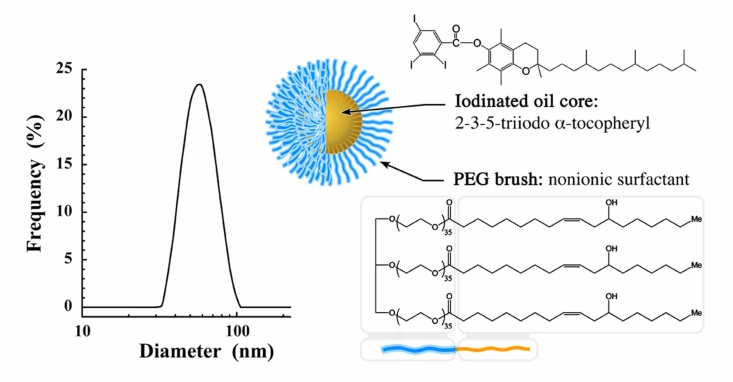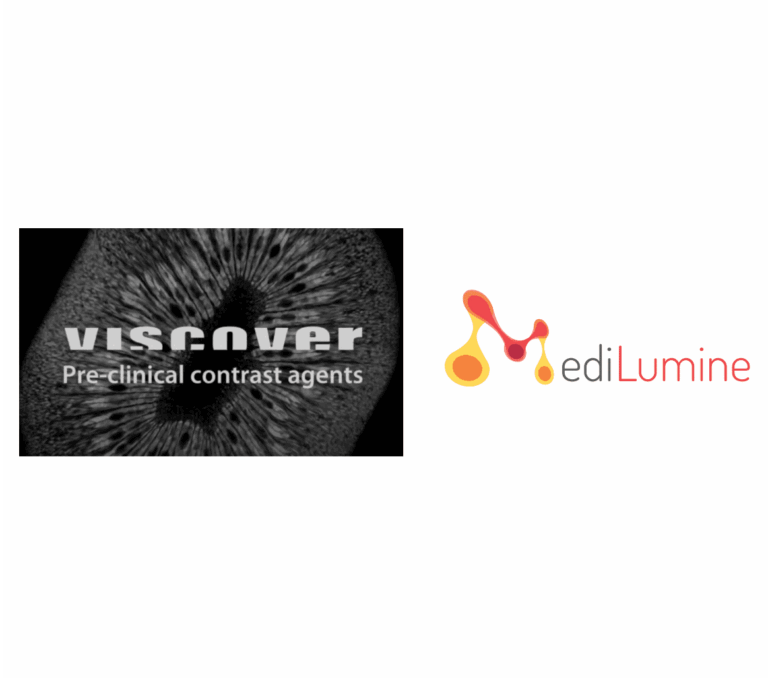Eye Tracking as a Cost-Effective Tool in Neuroscience Research
Almost all animals with functional vision exhibit a variety of eye movements. These movements allow compensation for shifts in the visual scene and enable tracking

Hepatocellular carcinoma (HCC), a primary form of liver cancer, remains a significant global health challenge. Recent advancements in imaging techniques have opened new doors for researchers to monitor tumor growth and understand disease progression with unprecedented clarity. Among these innovations is the use of Fenestra HDVC, a state-of-the-art contrast agent, in combination with the Revvity Quantum FX microCT system.
Fenestra HDVC, a specialized contrast agent, is designed for preclinical imaging applications, offering researchers the ability to visualize and track small tumors over time. Its high-definition vascular contrast enhances microCT scans, enabling the precise detection of tumor growth and vascular changes.
Researchers can now achieve longitudinal studies with minimal invasiveness, accurately observing tumor development in vivo. Fenestra HDVC’s compatibility with microCT systems ensures that researchers can monitor subtle changes in tumor morphology and progression, leading to deeper insights into cancer behavior and treatment efficacy.
The Revvity Quantum FX microCT system complements Fenestra HDVC’s capabilities by delivering high-resolution imaging with low radiation exposure. This powerful combination ensures that researchers can perform repeat scans on live animals without compromising their health or well-being, a critical factor for longitudinal studies.
The Quantum FX system’s advanced imaging features provide detailed 3D reconstructions of tumors and surrounding tissues, offering a comprehensive view of cancer dynamics. Its rapid scanning technology minimizes anesthesia time, further improving the overall research workflow.
By leveraging Fenestra HDVC and the Quantum FX microCT system, researchers have unlocked new possibilities in understanding and managing hepatocellular carcinoma. These tools empower scientists to:
The integration of Fenestra HDVC and the Revvity Quantum FX microCT system represents a significant leap forward in preclinical cancer research. By providing researchers with the tools to observe, measure, and analyze HCC growth with unparalleled detail, these technologies pave the way for better treatments and, ultimately, improved patient outcomes.
For researchers looking to enhance their preclinical imaging capabilities, Fenestra HDVC and the Quantum FX microCT system offer a powerful combination. Contact us today to learn more about how these innovations can transform your studies.

Chemical structure of Fenestra HDVC based in modified vitamin E enabling logitudinal monitoring
Anton N, Parlog A, Bou About G, Attia MF, Wattenhofer-Donzé M, Jacobs H, Goncalves I, Robinet E, Sorg T, Vandamme TF. Non-invasive quantitative imaging of hepatocellular carcinoma growth in mice by micro-CT using liver-targeted iodinated nano-emulsions. Sci Rep. 2017 Oct 24;7(1):13935. doi: 10.1038/s41598-017-14270-7. PMID: 29066853; PMCID: PMC5655328.
*This article is licensed under a Creative Commons Attribution 4.0 International License, which permits use, sharing, adaptation, distribution and reproduction in any medium or format
Almost all animals with functional vision exhibit a variety of eye movements. These movements allow compensation for shifts in the visual scene and enable tracking

Medilumine is pleased to announce a new distribution partnership with NanoPET Pharma through its Viscover brand. Medilumine is now an authorized distributor of the full